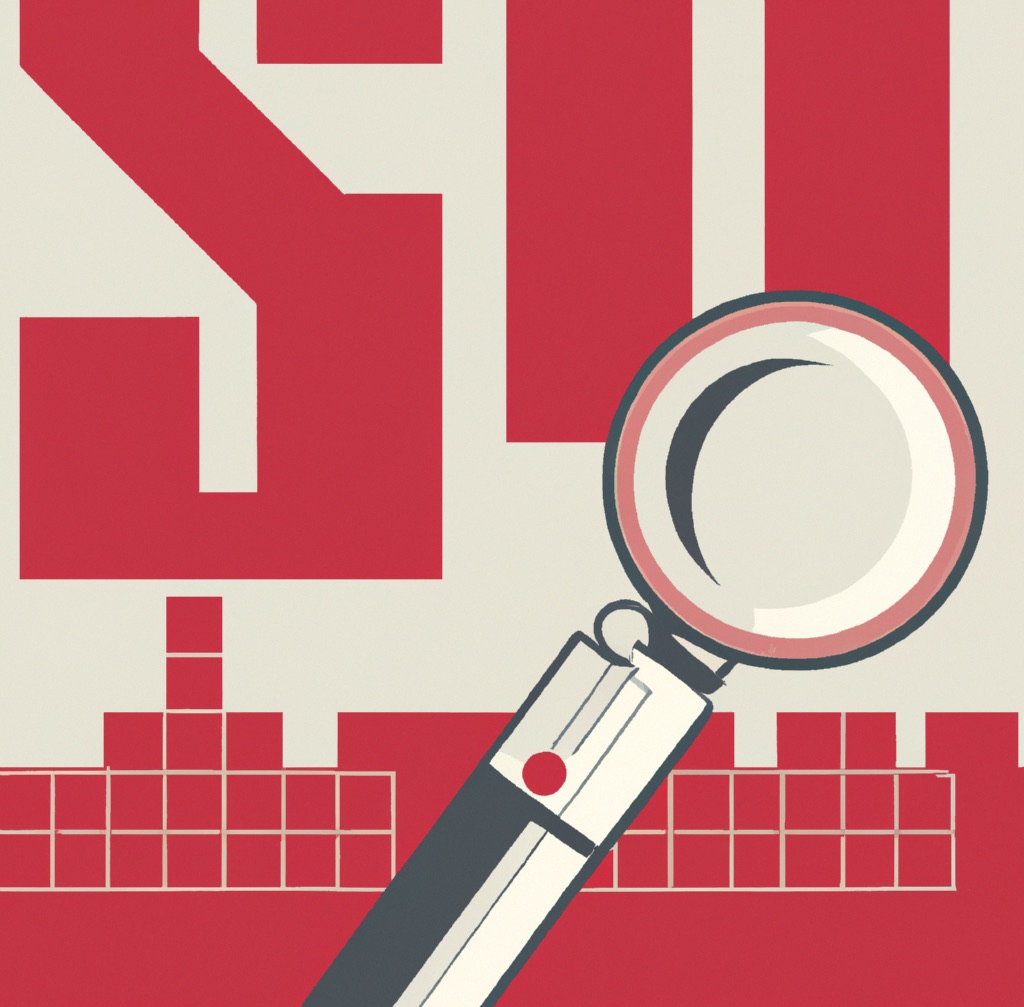When buying a data lake solution, there are several key considerations to take into account, including:
- Scalability: The data lake solution should be able to scale to handle large amounts of data and handle increasing data volume over time.
- Data Ingestion: The solution should provide easy-to-use and flexible data ingestion capabilities, such as support for various file formats, data streaming, and data integration.
- Data Governance: The solution should provide data governance, data quality, data integration, and data security features.
- Data Management: The solution should provide robust data management capabilities, such as data cataloging, metadata management, and data lineage.
- Data Processing: The solution should provide support for various big data processing engines and frameworks, such as Hadoop, Spark, and Hive.
- Security: The solution should provide robust security features, such as encryption, access controls, and compliance with industry regulations.
- Flexibility: The solution should be flexible enough to handle different types of data, such as structured and unstructured data, and support different types of analytics, such as real-time and batch processing.
- Cost: The cost of the solution, including hardware, software, and maintenance costs, should be taken into account and compared against the benefits it will provide.
- Support: The solution should be supported by a vendor that offers adequate technical support and training.
- Ease of Use: The solution should be easy to use and understand by the end-users, and it should come with a comprehensive documentation and user-friendly interface.
- Integration: The solution should integrate well with other analytics and data management tools, such as data visualization and machine learning tools, to support various use cases.
